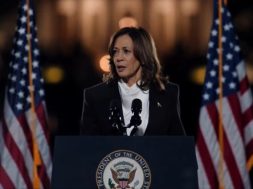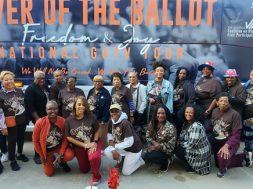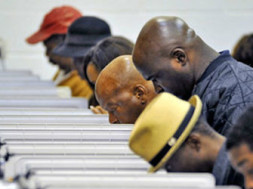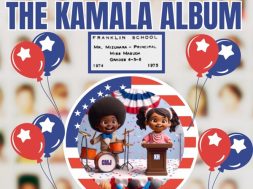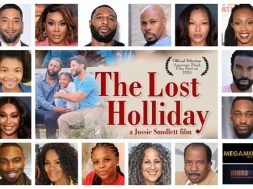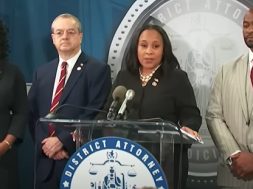
As we prepare for the unveiling of MLK Monument it’s time to answer Dr. King’s final interrogatory: Where Do We Go From Here?
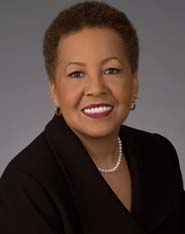
Dr. King provided guidance as to how this question should be approached, “we must first honestly recognize where we are now.” America has elected the first African American president an accomplishment that was unimaginable fifty years ago; still, the achievement gaps that Dr. King cared about: employment, education, and wealth, persist. Blacks continue to experience twice the negatives and half the positives when compared to whites.
Today almost every state and more than 700 cities have named streets after Dr. King. Many, if not most, are in blighted areas. Some remain lines of demarcation between black and white, have and have not and across the nation the image of Martin Luther King, Jr. Boulevard is largely of a destitute, crime-ridden area.
Unless we resurrect Dr. King’s message the King Monument will stand as a giant tombstone with his dream buried beneath a sentimental and anemic caricature of the man. Dr. King was a Baptist preacher who personified the most important contribution that biblical faith can make to human existence, the capacity to transcend given reality. On transformation Dr. King instructs:
“The problem of transforming the ghetto, therefore, is a problem of power-confrontation of the forces of power demanding change and the forces of power dedicated to the preserving of the status quo. Now power properly understood is nothing but the ability to achieve purpose. It is the strength required to bring about social, political and economic change…Power at its best is love implementing the demands of justice, and justice at its best is power correcting everything that stands against love.”
The unveiling of the King monument should unleash a national movement to “green” MLK streets and surrounding communities across the nation. If the Southern Christian Leadership Conference, Joseph E. Lowery Institute for Justice and Human Rights, NAACP, Urban League and Historically Black Colleges and Universities unite to apply principles of sustainability in a powerful demonstration of love in action to honor the true legacy of Dr. King -social, economic and environmental justice-these legacy organizations would establish a new level of 21st Century relevancy, respect and power.
This is a serious appeal to new-age leaders committed to sustainability. We can begin by focusing on MLK Blvd in Atlanta, Dr. King’s hometown. Facebook / Twitter?

